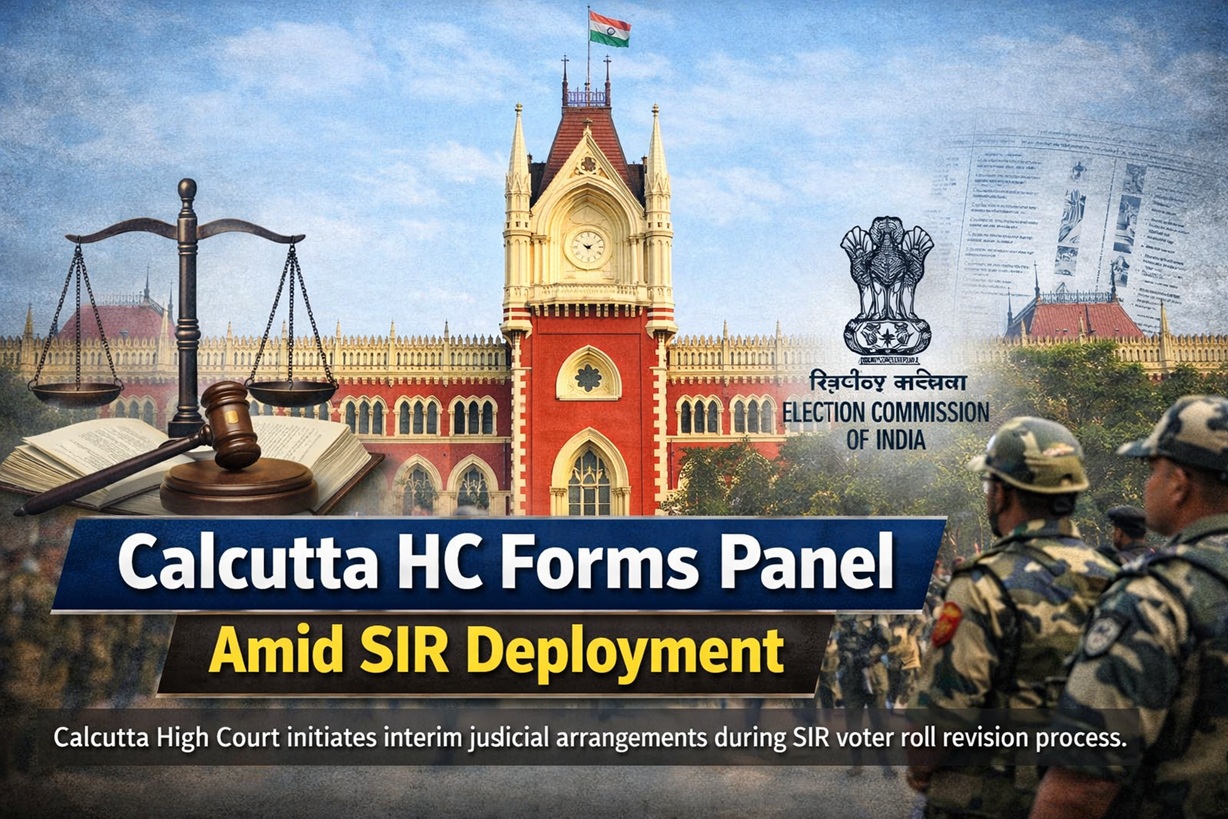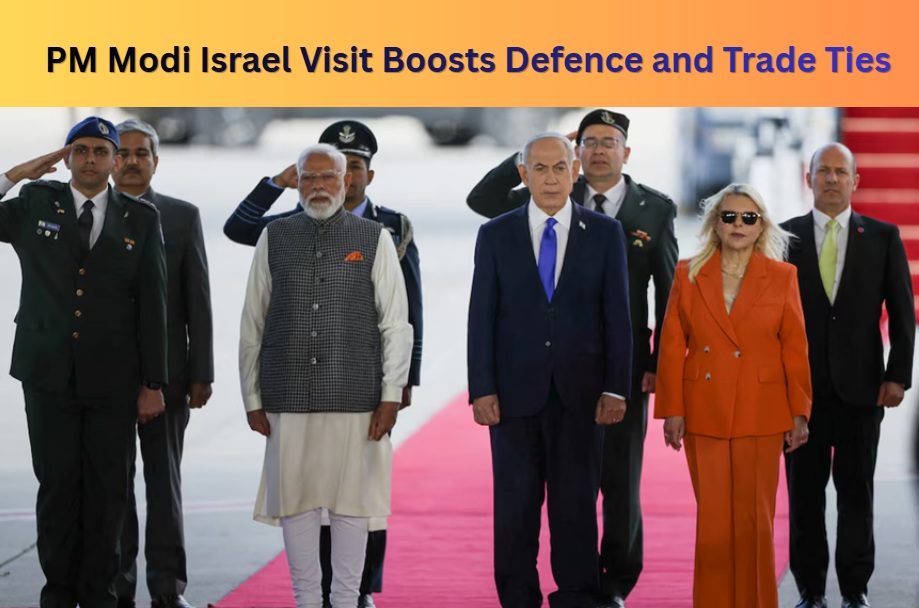“India unleashes a powerful silent response to terrorism: sudden water surges flood PoK and BrahMos missile tests rattle Pakistan. Inside India’s bold new strategy to counter threats without crossing traditional battle lines.”
In a bold and unprecedented move, India has launched a silent but unmistakable response to recent terrorist provocations originating from Pakistan. While traditional warfare remains on standby, New Delhi has deployed a two-pronged strategy: the unleashing of river waters into Pakistan-occupied Kashmir (PoK) and high-profile BrahMos missile firings near Karachi. This strategic signaling has thrown Pakistan into chaos, revealing deep cracks within its internal stability.
The Trigger: Terror Attack in Pahalgam
The escalation began with a brutal terrorist attack in Pahalgam, Jammu and Kashmir, where civilians and security forces were targeted. In response, Prime Minister Narendra Modi vowed decisive action, declaring that the era of empty condemnations was over. Shortly after, India formally suspended the Indus Water Treaty, a historic 1960 agreement brokered under World Bank supervision.
This move signaled a paradigm shift: instead of physically blocking water, India would now weaponize its control over the flow.
Water Warfare: Floods Ravage PoK
Without prior notice, India opened the floodgates at Uri, releasing vast volumes of water into the Jhelum River. The sudden deluge caused widespread panic across Muzaffarabad, Hatia Bala, Chakothi, and neighboring areas. According to reports in The Economic Times and Times of India:
- Water levels rose by 20 to 30 feet within hours.
- Emergency alarms were sounded.
- Loudspeaker announcements urged civilians to evacuate.
- Rescue operations were launched as villages submerged.
- Panic gripped entire districts, with many comparing the destruction to wartime bombings.
Eyewitnesses, like Mohammad Asif from Dumel village, described the floodwaters as “a wall of death” rushing towards them without warning. Local Pakistani authorities, blindsided, accused India of “deliberate water terrorism,” a charge New Delhi has pointedly ignored.
The symbolism is unmistakable: where bombs would have been used, water has done the damage — swiftly, silently, and legally.
Strategic Muscle: BrahMos Tests in Arabian Sea
Even as waters raged in PoK, the Indian Navy showcased its maritime might. Stunning visuals released by the Navy showed successful test-firings of BrahMos supersonic cruise missiles from Indian warships in the Arabian Sea, near Karachi’s maritime zones.
The Indian Navy’s official statement emphasized that these firings “revalidated the combat readiness of platforms, systems, and crew for long-range precision offensive strike” — underscoring that India remains combat-ready, credible, and future-ready.
The psychological impact on Pakistan was immediate. Panic spread across political circles, with Pakistani ministers desperately invoking outdated missile systems like Ghauri and Babar in televised speeches, trying to calm a nervous public.
The Homefront: Rooting Out Hidden Threats
Even as external pressure mounts, Indian intelligence agencies have exposed internal threats. A shocking IB report revealed the presence of nearly 5,000 suspected Pakistani-origin operatives — described as “walking human bombs” — embedded in Delhi alone.
Government agencies have initiated a crackdown:
1) Massive arrests are underway in Assam, Delhi, and other states.
2) Social media monitoring has intensified, especially targeting those spreading anti-India narratives or glorifying terrorism.
3) Strict media guidelines have been issued: no rumor-mongering, no unauthorized reporting of troop movements, and no live telecasts of military operations.
The public has been warned: “Do not aid the enemy, even accidentally.”
The Global Signal: Modi’s Green Light
Interestingly, this silent offensive comes at a time when global sympathy leans heavily towards India. Prime Minister Modi reportedly enjoys unprecedented diplomatic backing for decisive action against Pakistan — the world’s foremost exporter of terrorism.
Global powers, weary of Pakistan’s duplicity and terror networks, now view a crackdown as not only justified but necessary. As one senior diplomatic source put it:
“The world is asking not if India will act — but when.”
The Message is Clear
India’s strategy is not reckless retaliation but calibrated pressure — economic, environmental, psychological, and military.
Floods instead of bombs. Missile firings instead of invasions. Silence instead of diplomatic noise.
In this new doctrine, Pakistan is being cornered without a single traditional strike — yet the damage inflicted is profound.
As India stands resolute, one thing is certain: the rules of engagement have changed.
And this time, Pakistan may not even realize the full scale of the response until it’s too late.
#India #Pakistan #JhelumRiver #WaterWar #IndusWaterTreaty #Modi #PahalgamAttack #FloodAlert #pakistanmedia #KashmirTensions #CrossBorderTensions #IndiaPakistanNews #JammuAndKashmir #PakistaniClaims #WaterCrisis #Geopolitics





